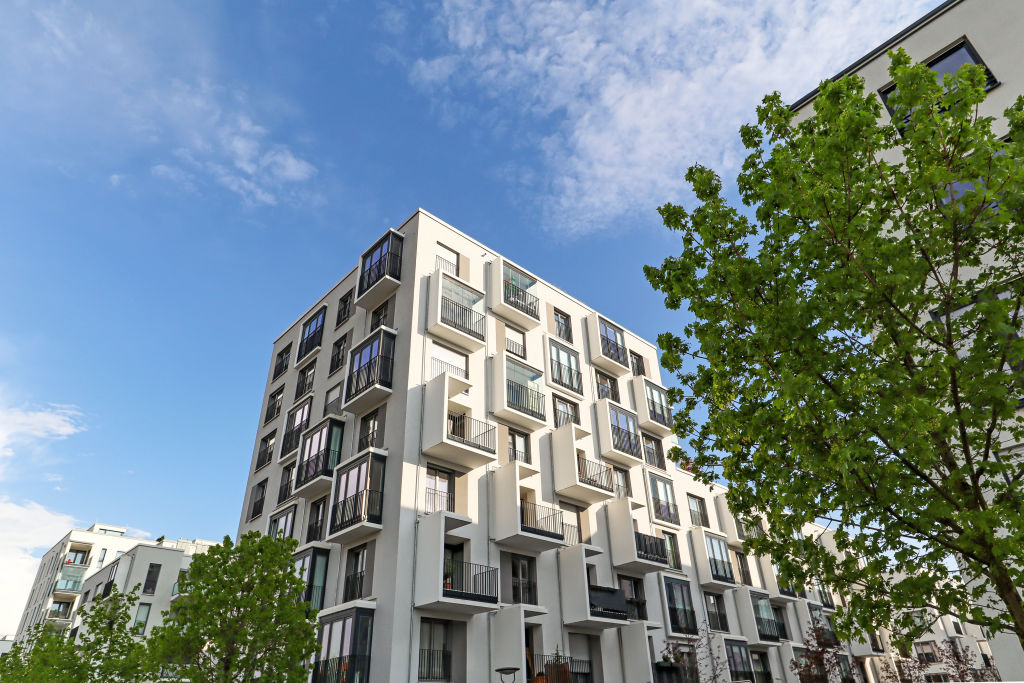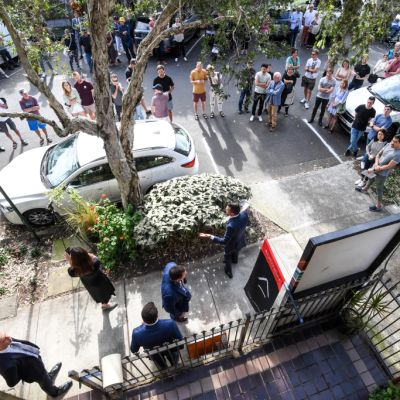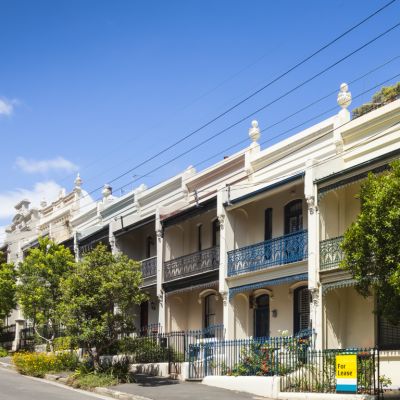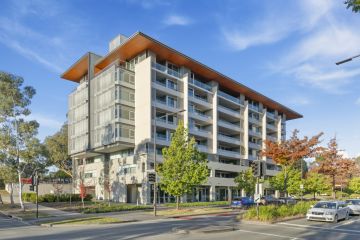Is investing in student accommodation a good option?
As overseas students flood back into Australia and launch into the daunting search for suitable accommodation, many investors are wondering if this is a sector worth buying into.
But the answer isn’t simple. If an investor is after good cash flow to balance their portfolio, then it could be worth it. If they’re after capital growth, however, it might not be.
Certainly, the figures look promising. A new report from University Living, Beyond Beds, puts the current number of international students in the country at 613,217, which is 27 per cent more than at the same time last year. It also says the increasing demand for education in Australia and the resulting shortage of affordable student beds, coupled with high rents, is stimulating growing interest from private investors.
Just last year, colleges anecdotally reported receiving up to seven applications per bed, according to JLL’s Australian Student Accommodation Investment Update 2022, driving rents skyward.
“If you’re looking for high rental yields as part of your portfolio and cash flow, these properties can work,” says Darren Venter, director and buyers’ agent at The Investors Agency. “But these don’t generally generate equity because the demand for them is within a specific market.
“Around 70 per cent of buyers in any property market are home buyers and only 30 per cent are investors, so you’re selling in a much more limited market to start with, and only some of those investors will be interested in student accommodation. As a result, there’ll be much less competition for your property and you’ll probably sell at a lower price.”

There are a number of different forms of student accommodation including studio apartments, which tend to be in the inner cities and close to universities; townhouse complexes purpose-built for students; and large sharehouses.
All are possible to invest in, with the first two options starting at low prices which often makes them popular, although the management charges can be significant – up to 17 per cent more than other buildings – according to Ryan McLean, director at property portal On Property.
“You’ve also got an extra vacancy rate with students finishing courses and moving away, or going back home to their families during the uni holidays,” McLean says.
“So you’ve got a higher turnover, and maybe periods without tenants that can affect revenue.”
Any investor can buy a family house, though, and adapt it for students to share with lockable rooms and communal facilities. Wear and tear on the house could be higher than with a normal tenancy, of course, and maintenance costs higher.
If this is being considered, BFB Property Buyers principal buyers’ agent Ben Plohl advises that a house should have a number of bedrooms to provide a decent return, but the advantage is that it might deliver better capital growth in time than the individual units.
“If you’re looking at a free-standing house, then at the end of the student tenancy, you could turn it back into a family home and sell it as that,” Plohl says. “The whole concept of getting a good price is about scarcity, and a big house would be a better bet than a studio when there’d be so many more identical ones around.”
We recommend
States
Capital Cities
Capital Cities - Rentals
Popular Areas
Allhomes
More
- © 2025, CoStar Group Inc.









